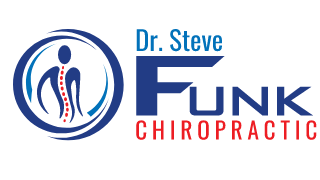
Understanding Cortisol and Its Impact on Health
Cortisol is known as the "stress hormone" due to its role in the body's fight-or-flight response. High cortisol levels can lead to various health issues, including anxiety, weight gain, and digestive problems. It's essential to monitor your diet, as certain foods can inadvertently raise cortisol levels.
5 Foods That May Elevate Cortisol Levels
Dietitians have identified several foods that could be causing a spike in cortisol levels. Here are five to consider reducing in your diet:
Caffeine: While coffee can boost focus and energy, excessive caffeine consumption has been linked to increased cortisol production, especially when consumed in stressful situations.
Processed Sugars: Foods high in refined sugars trigger a rapid insulin response, which can lead to elevated cortisol levels. Opting for natural sweeteners or fruit can mitigate this effect.
Alcohol: In moderation, alcohol may seem harmless, but excessive intake can lead to a surge in cortisol levels. Balancing your alcohol consumption is crucial for maintaining wellness.
Trans Fats: These unhealthy fats, typically found in fast food and baked goods, are not only detrimental to heart health but can also lead to increased cortisol production.
High-Sodium Foods: Diets high in salt can lead to hypertension and may influence cortisol levels. Reducing your sodium intake can help stabilize your endocrine system.
The Connection Between Diet and Stress Management
Understanding the relationship between food and stress is vital. A well-rounded diet can not only help in managing cortisol levels but also promote overall wellness. Including anti-inflammatory foods such as fruits, vegetables, and omega-3 fatty acids can support your body's stress response.
Practical Tips for a Healthier Lifestyle
Your diet plays a crucial role in shaping your mental and physical health. Aim for a balanced diet rich in whole foods, stay hydrated, and consider mindfulness practices to help manage stress effectively. Small, conscious changes in what you eat can pave the way for improved health outcomes.
Incorporating wellness into your daily life is more than just about food; it’s about finding balance and making choices that enhance your well-being.
 Add Row
Add Row  Add
Add 




 Add Row
Add Row 


 Add
Add
Write A Comment